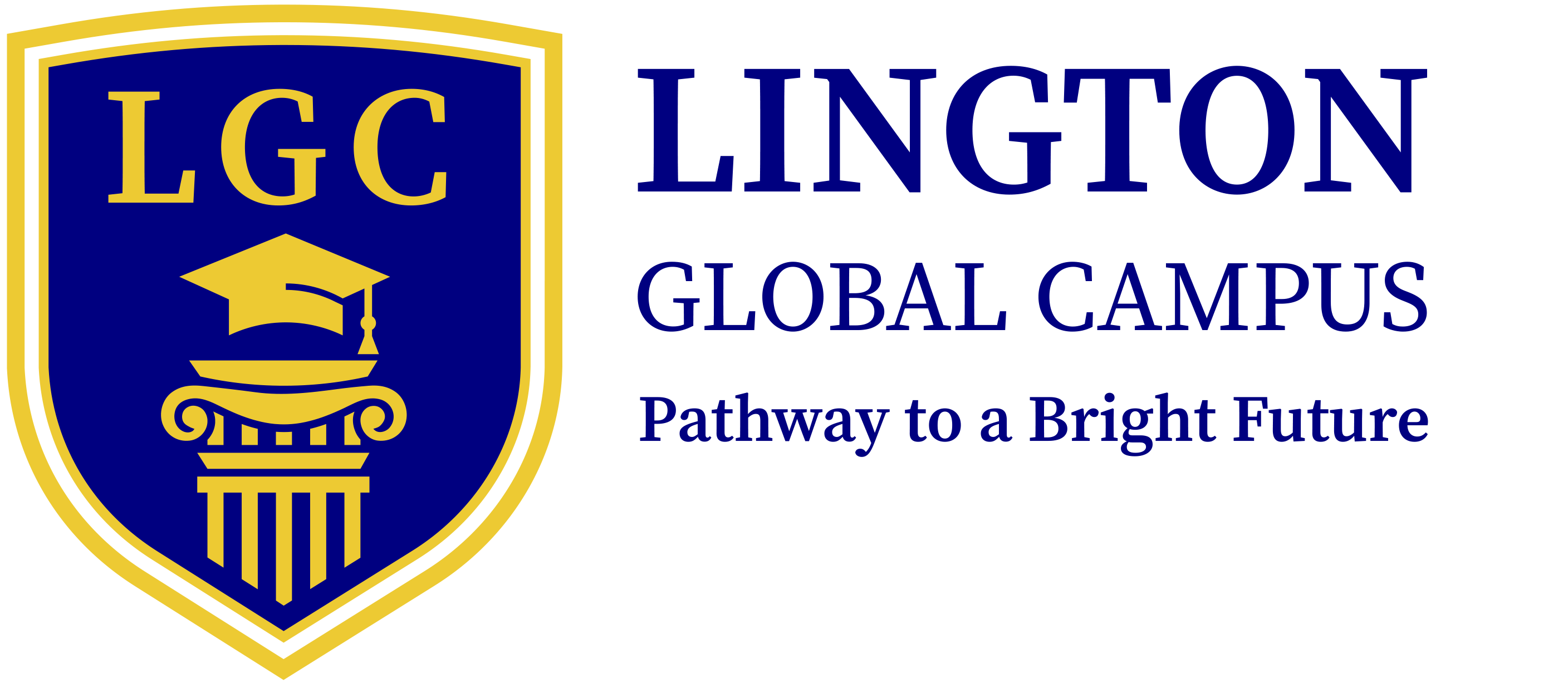Introduction to Software Engineering
- Lington Global Campus
- Introduction to Software Engineering
Overview
This microcredential offers an accessible introduction to the world of software development. The syllabus covers basic programming concepts, including algorithms, data structures, and an overview of the software development lifecycle. Hands on projects encourage you to build simple applications, providing a practical foundation for further study in software engineering.
Core Components
Definition and importance of software engineering
Software development lifecycle (SDLC) overview
Role of a software engineer
Waterfall, Agile, Scrum, and DevOps
Choosing the right development approach
Collaboration and teamwork in software development
Basics of programming languages (Python, Java, C++)
Writing, compiling, and debugging code
Introduction to algorithms and data structures
Gathering and documenting software requirements
Functional vs. non-functional requirements
Use case modeling and requirement validation
Object-oriented programming (OOP) concepts
Design patterns and best practices
Architectural design and system modeling
Writing clean and maintainable code
Version control systems (Git, GitHub)
Software development tools and environments
Importance of software testing
Types of testing (unit, integration, system, acceptance)
Test-driven development (TDD) and automation
Continuous integration and deployment (CI/CD)
Monitoring and maintaining software post-deployment
Handling software updates and bug fixes
Common software vulnerabilities
Secure coding practices
Data protection and encryption techniques
Ethical considerations in software development
Intellectual property and open-source licensing
Collaboration and professional responsibilities
Artificial intelligence (AI) and machine learning in software
Cloud computing and microservices
Internet of Things (IoT) and blockchain applications
Developing a mini software project
Code review and peer evaluation
Self-reflection and future learning path
Programme Modules & Fee
- Purchase 1-3 modules: 3% discount on each module.
- Purchase 3-5 modules: 5% discount on each module.
- Purchase more than 5 modules: 12% discount on each module.
Since our commencement in 2005, Lington Global Campus has been a pioneer in providing diverse higher education opportunities virtually to students worldwide.
